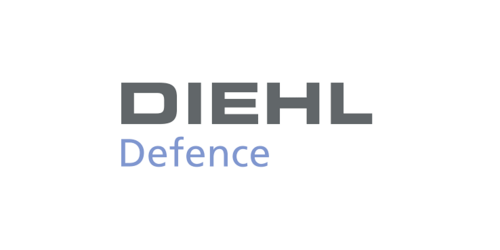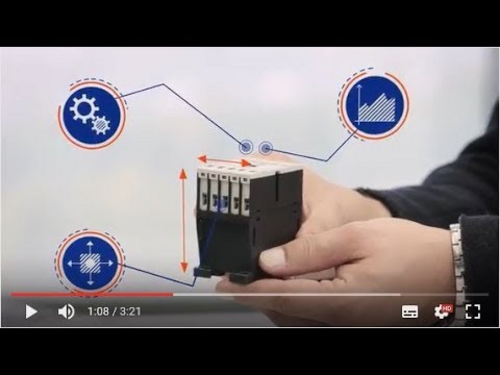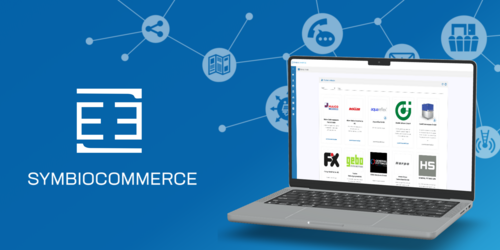Best Practice
Procurement
Save costs – gain time
ECLASS enables you to analyze and bundle purchasing portfolios according to uniform criteria. Suppliers become comparable, tenders are accelerated, and competition increases.
The result: lower costs, consolidated suppliers, and more efficient processes.
Engineering & Automation
Driving Digital Transformation with ECLASS
Digitalization requires seamless, automated communication along the entire value chain. ECLASS supports end-to-end, cross-company process chains and enables the digital representation of objects (Digital Twin). With the largest ISO-compliant repository of descriptive properties, ECLASS creates the basis for Industry 4.0 and automated communication without data discontinuity.
Industry 4.0
A Standard for the Digital Twin
Industry 4.0 requires a common language for self-organizing and automated processes. ECLASS is a machine-readable, ISO-compliant, open system that is continuously developed by industry experts and is growing worldwide.
Processes & Controlling
Reduce costs, improve quality and increase transparency
ECLASS standardises master data and makes processes system-compatible. A uniform classification system avoids duplicates, automates reorders and eliminates media breaks - saving time and money while increasing throughput and optimising availability. At the same time, ECLASS provides the basis for strategic decision-making: global standards enable transparent cost analyses, reliable reporting and make-or-buy evaluations. This makes processes comparable and highlights strategic strengths.
Sales
Boost your digital presence
Successful sales depend on high-quality product data. ECLASS supports electronic marketplaces and catalogs by facilitating the exchange of standardized data (e.g., BMEcat). This increases product visibility, automates reordering, and facilitates integration into value chains.
Maintenance
Efficiency and Spare Parts Management
Maintenance processes require precise information on spare parts, maintenance intervals, and technical specifications. ECLASS allows this data to be clearly classified and accessible across systems. This reduces downtime, streamlines the procurement of spare parts, and enhances operational reliability.
Digital Product Passport (DPP)
Transparency for Sustainability and Compliance
The DPP is becoming mandatory in the EU and requires standardized product information. ECLASS provides the foundation for structured, machine-readable data that covers the entire life cycle, from manufacturing to use to recycling. This allows companies to meet regulatory requirements and establish trust with their customers.


















